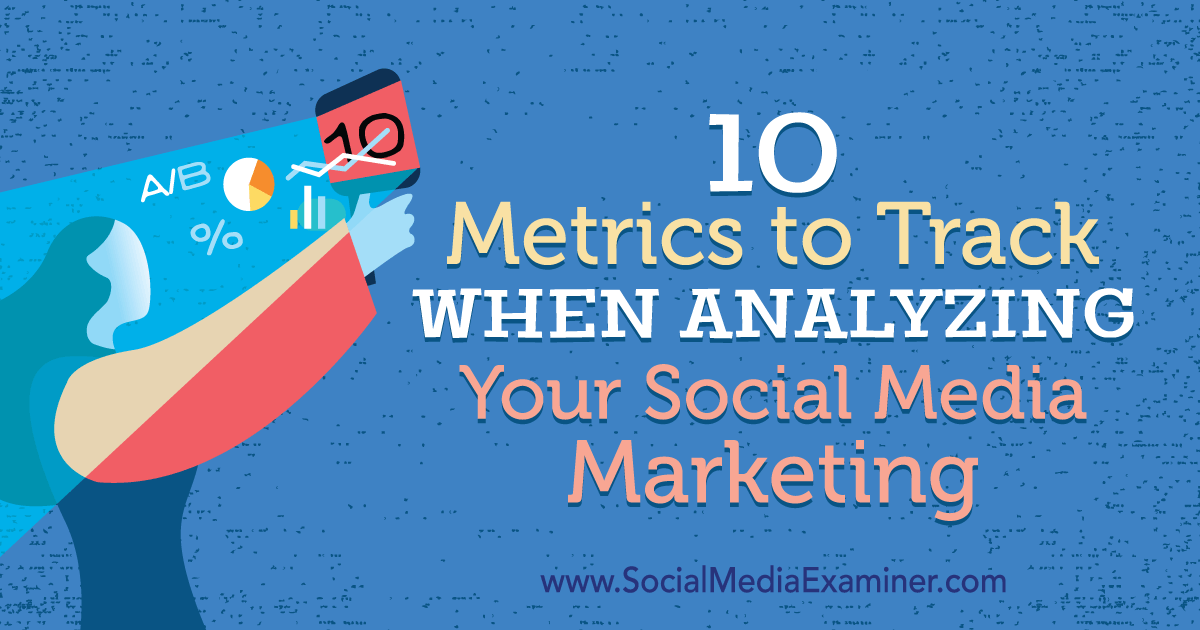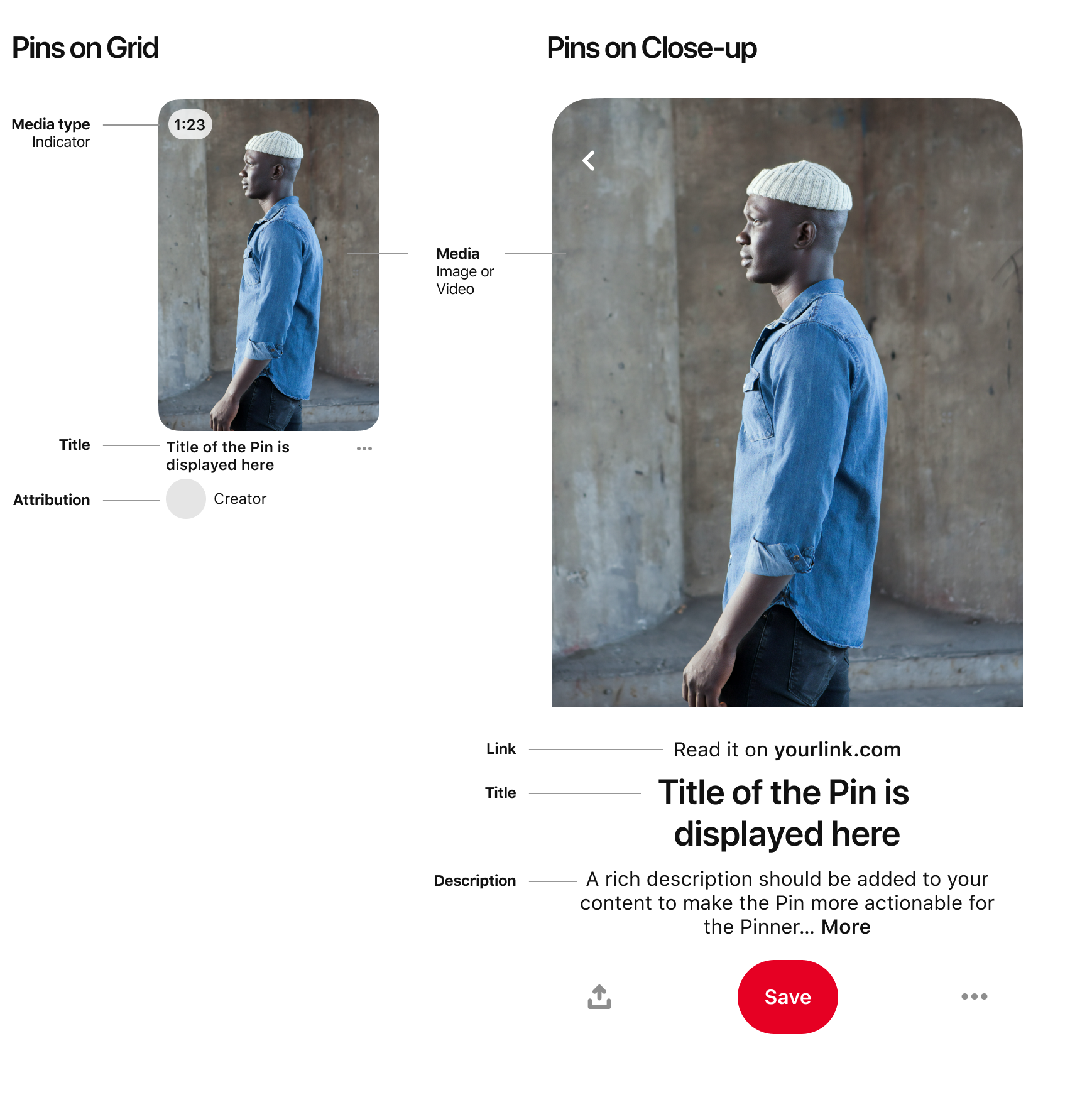In one case, we identified Mary Millben, a singer based in Virginia who has performed for three presidents, including President Trump. She remembers how, surrounded by dignitaries and the first family, she was moved by the music echoing through the recesses of the cathedral while members of both parties joined together in prayer. All the while, the apps on her phone were also monitoring the moment, recording her position and the length of her stay in meticulous detail.
For the advertisers who might buy access to the data, the intimate prayer service could well supply some profitable marketing insights. Millben told us. That seems a little dangerous to me. Like many people we identified in the data, Ms. Millben said she was careful about limiting how she shared her location.
Our privacy is only as secure as the least secure app on our device. It is disturbing. The inauguration weekend yielded a trove of personal stories and experiences: elite attendees at presidential ceremonies, religious observers at church services, supporters assembling across the National Mall — all surveilled and recorded permanently in rigorous detail.
Protesters were tracked just as rigorously. Examining just a photo from the event, you might be hard-pressed to tie a face to a name. But in our data, pings at the protest connected to clear trails through the data, documenting the lives of protesters in the months before and after the protest, including where they lived and worked.
His wife was also on the mall that day, something we discovered after tracking him to his home in Virginia. Her phone was also beaming out location data, along with the phones of several neighbors. Inauguration Day weekend was marked by other protests — and riots. Hundreds of protesters, some in black hoods and masks, gathered north of the National Mall that Friday, eventually setting fire to a limousine near Franklin Square.
Identifying conspiracy theories
The data documented those rioters, too. Filtering the data to that precise time and location led us to the doorsteps of some who were there. Police were present as well, many with faces obscured by riot gear. The data led us to the homes of at least two police officers who had been at the scene. As revealing as our searches of Washington were, we were relying on just one slice of data, sourced from one company, focused on one city, covering less than one year.
Location data companies collect orders of magnitude more information every day than the totality of what Times Opinion received. We lacked the mobile advertising IDs or other identifiers that advertisers often combine with demographic information like home ZIP codes, age, gender, even phone numbers and emails to create detailed audience profiles used in targeted advertising. When datasets are combined, privacy risks can be amplified. Whatever protections existed in the location dataset can crumble with the addition of only one or two other sources.
There are dozens of companies profiting off such data daily across the world — by collecting it directly from smartphones, creating new technology to better capture the data or creating audience profiles for targeted advertising. Many use technical and nuanced language that may be confusing to average smartphone users. While many of them have been involved in the business of tracking us for years, the companies themselves are unfamiliar to most Americans.
- WhatsApp general tips and tricks?
- Nokia Gps Tracking Application Jokes!
- You can to Scan Messages.
- Header navigation - actions.
- Secret Ways to Find & Share Better Content on Social Media.
- 22 Simple Ways to Increase Instagram Engagement (Free Calculator)?
Companies can work with data derived from GPS sensors, Bluetooth beacons and other sources. Not all companies in the location data business collect, buy, sell or work with granular location data.
Subscribe to Our Blog
Location data companies generally downplay the risks of collecting such revealing information at scale. He added that Factual does not resell detailed data like the information we reviewed. In absence of a federal privacy law, the industry has largely relied on self-regulation. Several industry groups offer ethical guidelines meant to govern it.
Factual joined the Mobile Marketing Association , along with many other data location and marketing companies, in drafting a pledge intended to improve its self-regulation.
- Where to Find Blogging Ideas?
- Steganography - Wikipedia.
- Create a social network that rocks!
- Identifying conspiracy theories!
- 43 secret WhatsApp tips and tricks you might not know about.
- Get more Instagram followers with these 10 tips to grow your real audience?
The pledge is slated to be released next year. States are starting to respond with their own laws. The California Consumer Protection Act goes into effect next year and adds new protections for residents there, like allowing them to ask companies to delete their data or prevent its sale. But aside from a few new requirements, the law could leave the industry largely unencumbered.

The companies are required to disclose very little about their data collection. By law, companies need only describe their practices in their privacy policies, which tend to be dense legal documents that few people read and even fewer can truly understand. In truth, sensitive information can be easily transferred or leaked, as evidenced by this very story. But location data is different.
Our precise locations are used fleetingly in the moment for a targeted ad or notification, but then repurposed indefinitely for much more profitable ends, like tying your purchases to billboard ads you drove past on the freeway. Many apps that use your location, like weather services, work perfectly well without your precise location — but collecting your location feeds a lucrative secondary business of analyzing, licensing and transferring that information to third parties. For many Americans, the only real risk they face from having their information exposed would be embarrassment or inconvenience.
But for others, like survivors of abuse, the risks could be substantial. And who can say what practices or relationships any given individual might want to keep private, to withhold from friends, family, employers or the government? We found hundreds of pings in mosques and churches, abortion clinics, queer spaces and other sensitive areas. In one case, we observed a change in the regular movements of a Microsoft engineer. He made a visit one Tuesday afternoon to the main Seattle campus of a Microsoft competitor, Amazon.
The following month, he started a new job at Amazon. It took minutes to identify him as Ben Broili, a manager now for Amazon Prime Air, a drone delivery service. Broili told us in early December. Broili was out on a job interview raises some obvious questions, like: Could the internal location surveillance of executives and employees become standard corporate practice?
If this kind of location data makes it easy to keep tabs on employees, it makes it just as simple to stalk celebrities.
All about Pinterest | Pinterest help
Their private conduct — even in the dead of night, in residences and far from paparazzi — could come under even closer scrutiny. Reporters hoping to evade other forms of surveillance by meeting in person with a source might want to rethink that practice. Every major newsroom covered by the data contained dozens of pings; we easily traced one Washington Post journalist through Arlington, Va. In other cases, there were detours to hotels and late-night visits to the homes of prominent people. One person, plucked from the data in Los Angeles nearly at random, was found traveling to and from roadside motels multiple times, for visits of only a few hours each time.
But a number of companies do sell the detailed data. Buyers are typically data brokers and advertising companies. But some of them have little to do with consumer advertising, including financial institutions, geospatial analysis companies and real estate investment firms that can process and analyze such large quantities of information.
Location data is also collected and shared alongside a mobile advertising ID, a supposedly anonymous identifier about 30 digits long that allows advertisers and other businesses to tie activity together across apps. The ID is also used to combine location trails with other information like your name, home address, email, phone number or even an identifier tied to your Wi-Fi network.
This is how, for example, you might see an ad for a new car some time after walking through a dealership. That data can then be resold, copied, pirated and abused. Location data is about far more than consumers seeing a few more relevant ads. This information provides critical intelligence for big businesses. And Foursquare received much attention in after using its data trove to predict that after an E.
Its same-store sales ultimately fell The resulting scandal forced the telecom giants to pledge they would stop selling location movements to data brokers. Location data is transmitted from your phone via software development kits, or S. The kits are small programs that can be used to build features within an app. They make it easy for app developers to simply include location-tracking features, a useful component of services like weather apps. Facebook, Google and Amazon, for example, have extremely popular S.
But they could also sit on an app and collect location data while providing no real service back to the app. Location companies may pay the apps to be included — collecting valuable data that can be monetized. If this information is so sensitive, why is it collected in the first place? Once they have the complete customer journey, companies know a lot about what we want, what we buy and what made us buy it. Other groups have begun to find ways to use it too. Political campaigns could analyze the interests and demographics of rally attendees and use that information to shape their messages to try to manipulate particular groups.
Governments around the world could have a new tool to identify protestors. Pointillist location data also has some clear benefits to society.
